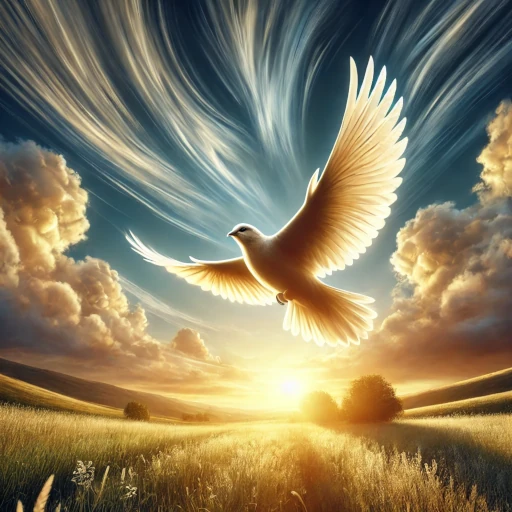“Atlas was permitted the opinion that he was at liberty, if he wished, to drop the Earth and creep away; but this opinion was all that he was permitted.”

- July 3, 1883 – June 3, 1924
- Born in the Austro-Hungarian Empire
- Writer, lawyer
table of contents
Quote
“Atlas was permitted the opinion that he was at liberty, if he wished, to drop the Earth and creep away; but this opinion was all that he was permitted.”
Explanation
In this striking metaphor, Franz Kafka offers a meditation on the limitations of human freedom and the illusion of choice. The reference to Atlas, the Titan in Greek mythology who is condemned to hold the Earth on his shoulders for eternity, symbolizes the burdens of existence and the sense of responsibility that often feels inescapable. Kafka suggests that while Atlas is allowed to entertain the notion that he could drop the Earth and escape his plight, the very fact that he is permitted only this opinion highlights the constraints of his true freedom. He is not truly free to act; he is only free to imagine what might be possible, but even this is illusory. Kafka’s point is that, much like Atlas, we may be given the idea of choice or freedom, but in reality, we are often trapped by forces beyond our control, whether societal expectations, internal guilt, or existential dilemmas.
Kafka’s writing is steeped in themes of inexorable fate, alienation, and the struggle for personal autonomy in a world that often seems indifferent or oppressive. In works like The Trial and The Castle, his characters struggle against systems or forces that restrict their freedom, leaving them with the sense that their choices are not truly their own, but instead are dictated by invisible powers. Kafka’s use of Atlas as a symbol emphasizes the paradox of freedom: that the more we are burdened by life’s responsibilities or systems, the less truly free we become. Atlas, even in the moment of being “permitted” to consider dropping the Earth, remains enslaved by the very weight he carries, suggesting that our thoughts of freedom are often trapped within the confines of our circumstances.
In the context of modern life, Kafka’s quote speaks to the illusion of freedom in a world increasingly defined by economic pressures, social norms, and technological controls. In many ways, we live in a world that tells us we are free to make choices, but those choices are often constrained by forces like advertising, consumerism, political structures, or cultural expectations. The illusion of freedom becomes a trap—like Atlas’s imagined escape—where we are allowed to entertain the idea of choice, but never truly given the power to act on it. This moral and existential tension can lead to feelings of frustration, powerlessness, and alienation, as individuals struggle to reconcile their sense of self with the constraints imposed by the world around them. Kafka’s reflection on Atlas invites us to consider how our own freedom might be more limited than we think, and how much of our struggle lies in the tension between the illusion of choice and the reality of our obligations.
Would you like to share your impressions or related stories about this quote in the comments section?



